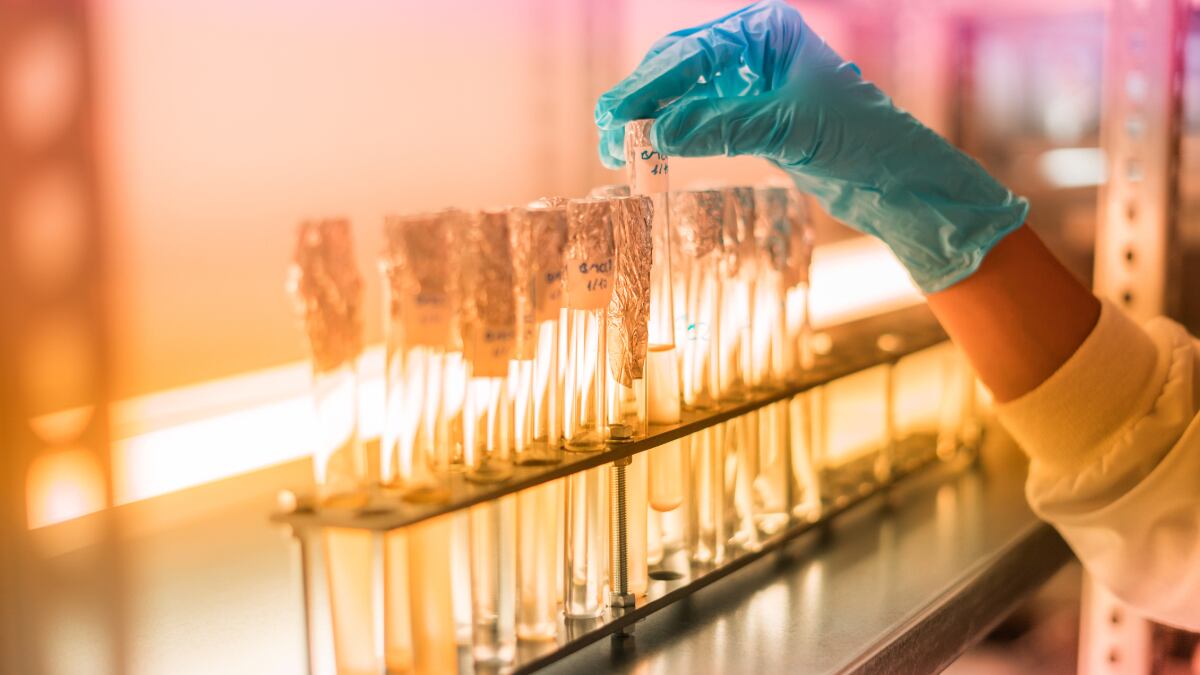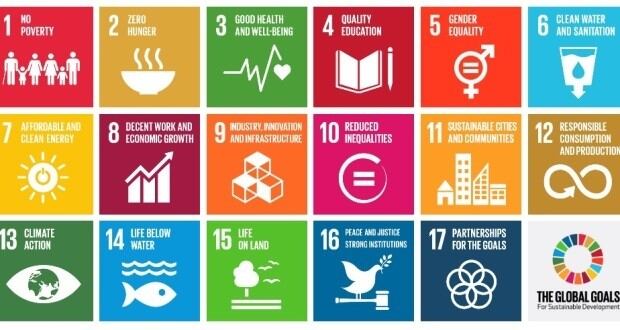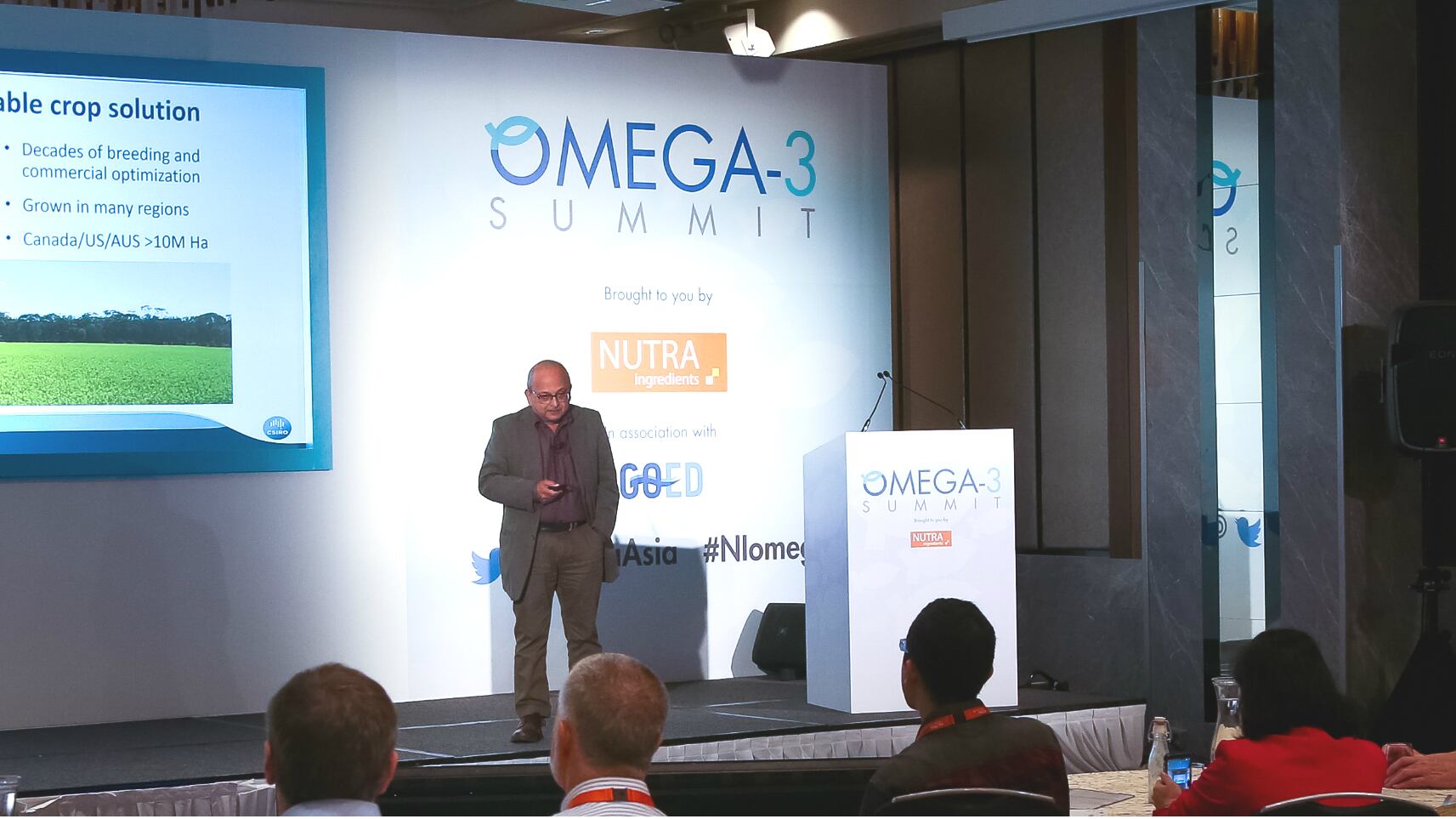Life3 signed a deal with TP's Centre for Urban Sustainability (CUS), which the company hopes will increase yields and boost the nation's food security.
Under the partnership, scientists will use a special cultivation medium to enhance the growth and nutritional profile of several microalgae varieties for use as functional food ingredients.
This project marks the first such controlled environment agricultural production in South East Asia.
Life3 and TP had previously collaborated to scale up the former's production of microalgae in both indoor and outdoor bioreactors, and now intend to optimise the cultivation process of certain microalgae strains in order to achieve higher yield and an improved nutritional profile.
Sustainability and security
This research could boost Singapore's level of food security, which is uncertain due to its lack of limited food production capabilities. The country's heavy reliance on imported food has also made it susceptible to supply disruptions and fluctuating food prices.
Microalgae, however, could be instrumental in providing an alternative protein source that will support sustainability efforts and help to increase food security.
Not only can it grow up to 20 times faster than vegetative crops, it requires little water and space to grow. It also provides an omega-3 alternative to fish, thereby minimising the risk of over-fishing and appealing to vegetarian and vegan consumers.
In addition, it is highly versatile and can be added directly to food production, or used to formulate functional food products.
According to Life3 founder Ricky Lin, the firm is using Singapore's first large-scale vertical bioreactor tanks to cultivate food-grade microalgae that is high in protein, omega-3, calcium, potassium, beta-carotene, chlorophyll, and essential amino acids.
TP's involvement, he added, would help to produce a higher yield within a shorter harvesting period, thereby contributing "towards achieving the national goal of producing 30% of Singapore's nutritional needs locally by 2030".
Lin further said: "We are looking into in vitro trials in the early stages of our research. Microalgae reproduces very quickly, and it contains 60% to 70% protein, as well as omega-3. In fact, that's where the omega-3 content in fish comes from."
"We want to skip the middleman, which in this case is the fish. This will help us develop high-protein, plant-based proprietary foods rich in omega-3. This can, for instance, combat sarcopenia in the elderly, who may have problems digesting meat."
Tech-ing it further
Speaking to NutraIngredients-Asia, Lin said: "We went into agri-tech to better realise the potential of some of our ingredients, and we are now ready to scale things up commercially in terms of our microalgae production."
He then elaborated on the bio-reactor system being used as part of the Life3's proprietary microalgae-growing technology: "There are two types of bio-reactors — one is a photobioreactor (PBR) that uses sunlight penetration to cultivate growth, such as that of algae in fish tanks. Of course, those types of plants are not food-grade.
"What we have been working on is a closed-loop bioreactor, which helps prevent contamination during microalgae cultivation and allows for complete control over the different parameters involved."
He added that growing conditions differed from one species of algae to another, and being able to control the parameters meant whichever algae variety was being grown could thrive, resulting in higher yield and a better nutritional profile.
Perceptions and applications
Lin said one of the goals of the partnership was to change the general public's perception of microalgae by taking advantage of the growing awareness around plant-based protein and meat alternatives.
He said, "Three years ago, most people did not understand what plant-based protein was. But today, that is changing. What we are doing now is focusing on the next wave — what ingredients can we use in our formulations to bring about specific health benefits?
"Of course, microalgae is one such ingredient. But more people must realise that algae isn't just the green, slimy substance you see in your fish tank, and that is why the food-grade differentiation must be clear."
To this end, Life3's biotechnology scientists will be working with TP on four microalgae strains Life 3 has identified from a library of different species. This portfolio of food-grade microalgae strains will also be used to expand the existing library.
In terms of their potential applications, Lin said the focus would remain on functional foods.
"Microalgae is already quite well established in the dietary supplement category; some examples are spirulina and chlorella tablets.
"We can certainly sell our strains to pharmaceutical and nutraceutical companies in future, but right now, we want to focus on functional foods.
"We would like to support and partner with manufacturers, but right now, it's still too early to say what we will do in this regard."



